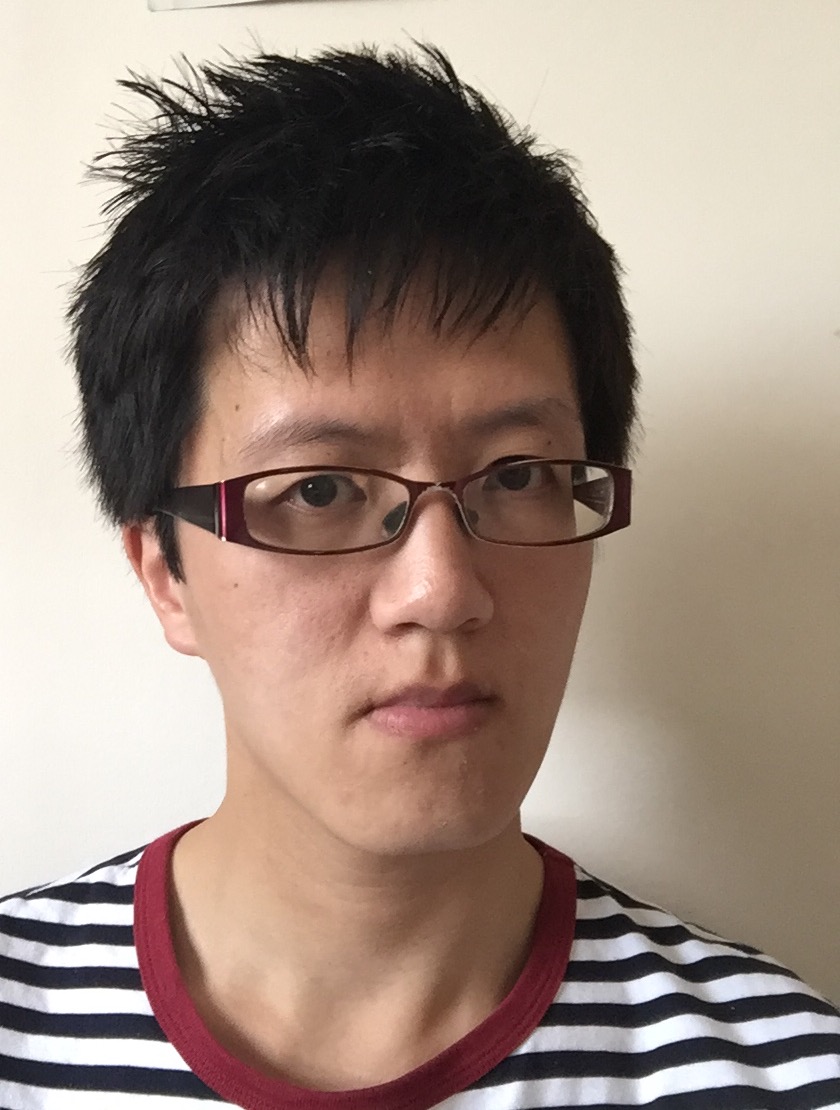Yakuza 6: The Song Of Life is a bittersweet swansong for RGG's stoic Dragon that heralds a new beginning, for better or worse
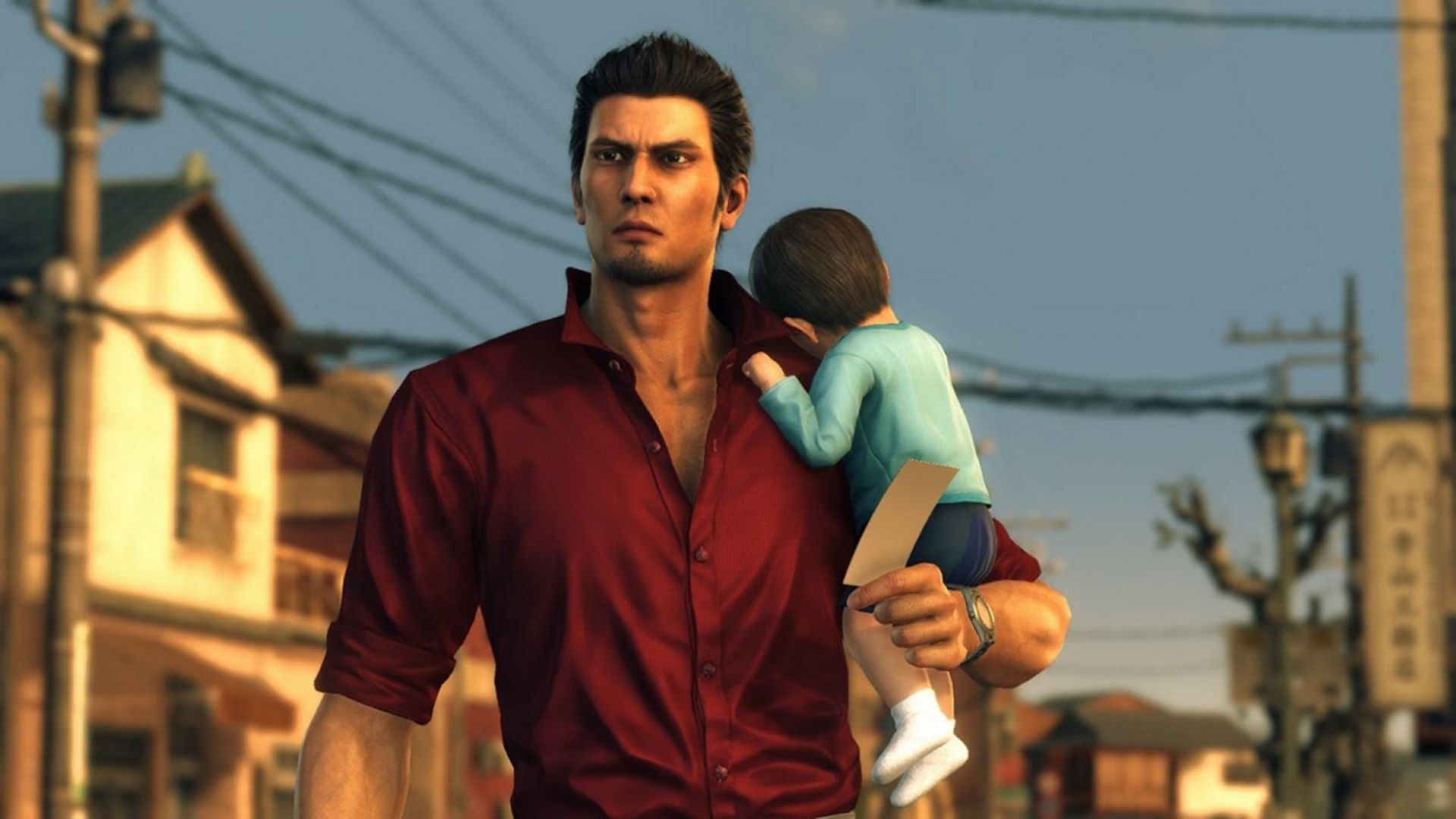
Spare a thought for the western Yakuza player first introduced to series protagonist Kazuma Kiryu in 2017 with prequel Yakuza 0. Continuing his story would then mean following up with the original PS2 entry's remake, Yakuza Kiwami – but after that, they would be forced to skip a decade's worth of instalments, hastening his farewell bow in Yakuza 6. It's quite an adjustment, with The Song Of Life picking up with the Dragon of Dojima suddenly well past his prime. The game's opening chapter finds him in the hospital, a result of the long, bruising showdown that concluded Yakuza 5 – and once control is eventually passed over to the player, it turns out he can barely run for a few seconds without panting then doubling over in exhaustion.
It's not the most flattering way to kick off a swansong, certainly compared to those given to other ageing male video game protagonists such as Nathan Drake or Kratos. But then, Yakuza's world has always more closely resembled the real one, where both progress and decline are products of time's relentless march. So it's only right that, at the end of a three-year prison sentence, Kiryu should return to a changed world. The power of the Tojo Clan, his former yakuza family, has further diminished, with the ruthless Siao Triad muscling in on Kamurocho. Even this familiar stomping ground has lost real estate. Its north side, home to the hotel district and Kamurocho Hills, is closed off for construction, albeit not so much for narrative reasons as RGG Studio running out of time to build the whole district from the ground up in the new Dragon Engine.
Enter the dragon
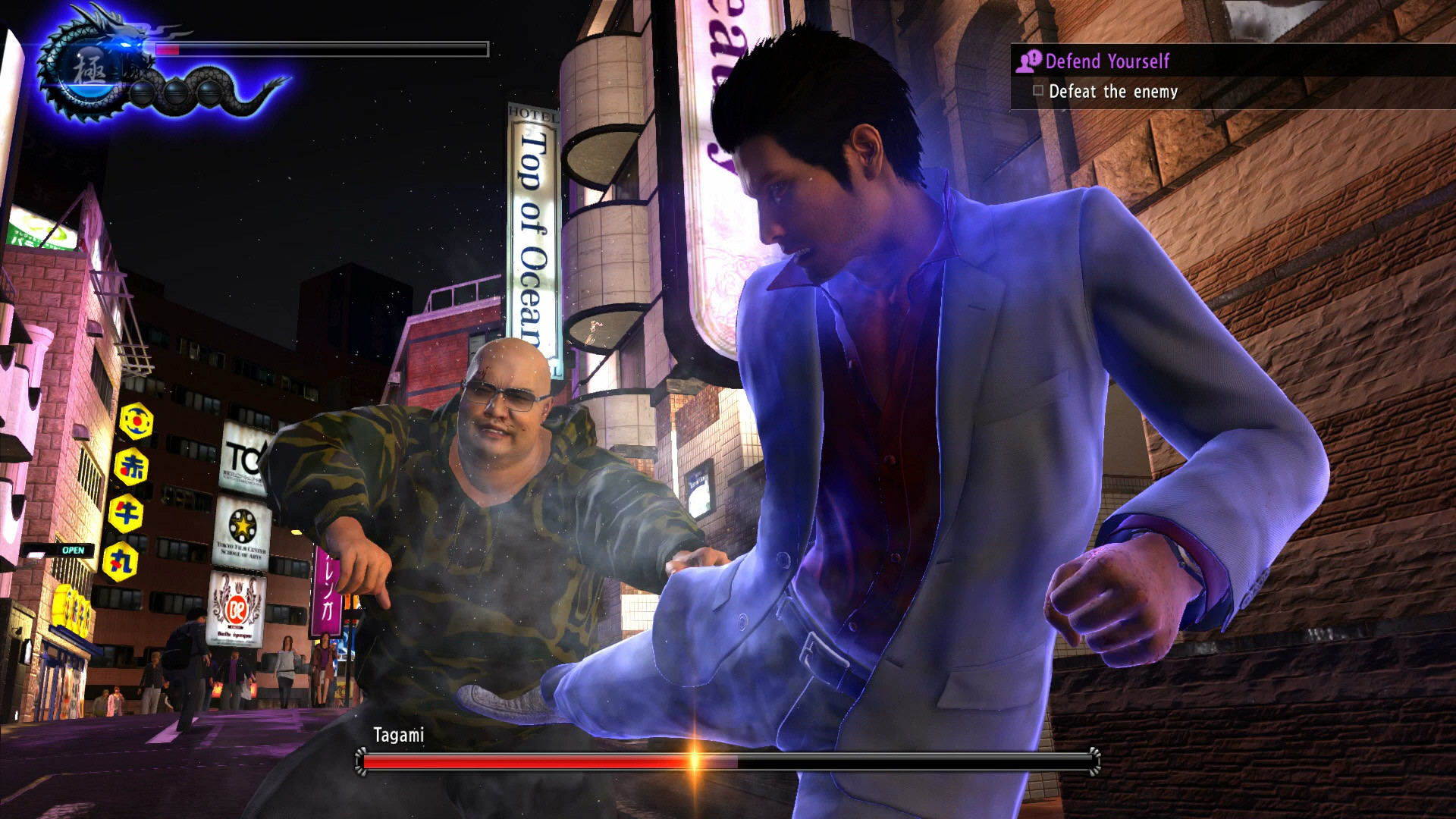
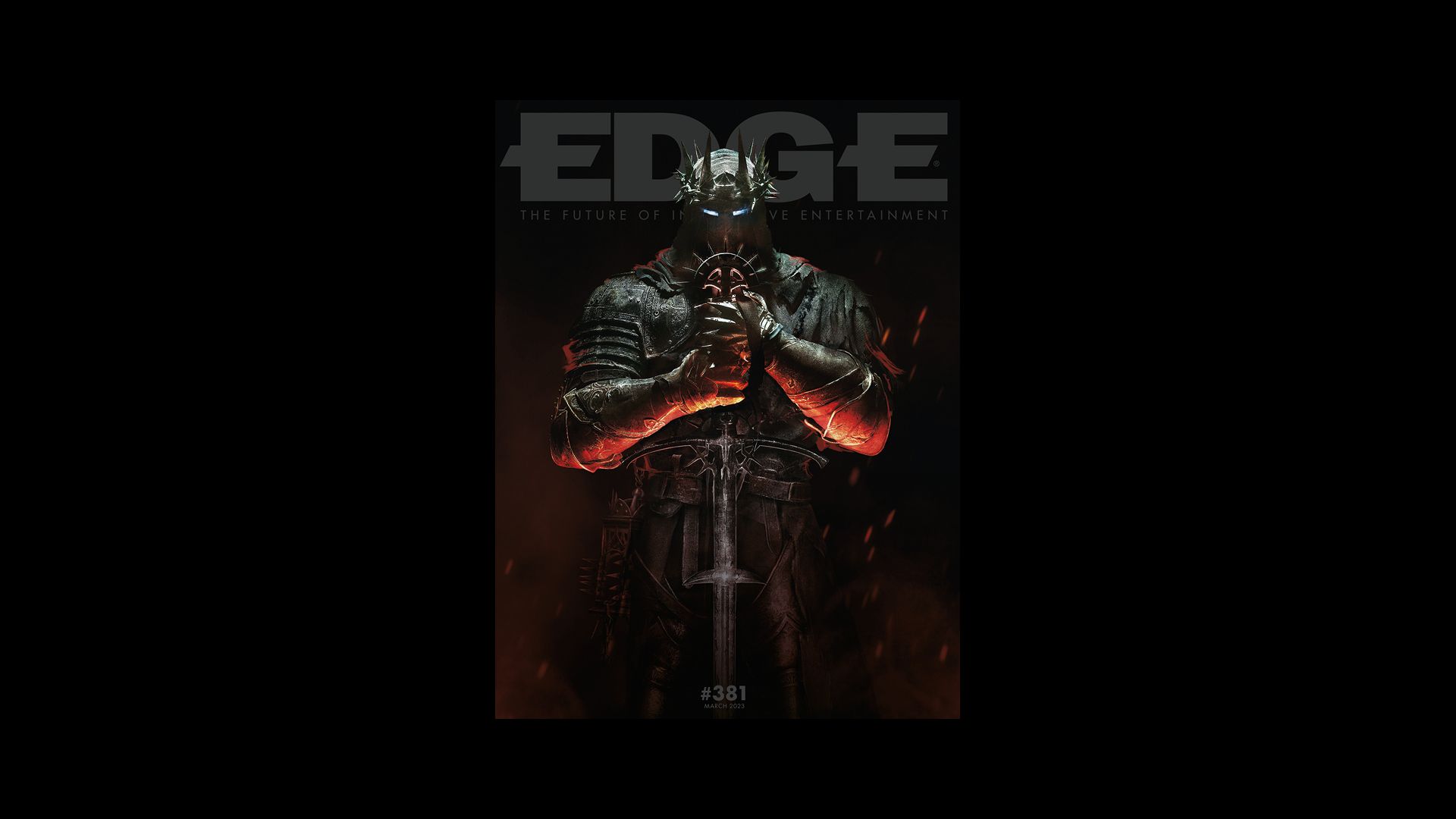
This feature originally appeared in Edge Magazine. For more fantastic in-depth interviews, features, reviews, and more delivered straight to your door or device, subscribe to Edge.
Of course, this new technology brings some clear benefits. It results in the most sharply realised virtual tourist experience in the series yet, as you admire the billboards of glamorous hosts or the karaage sitting in a convenience-store fried-food counter in greater detail, and for the first time move seamlessly between the streets and interiors. Indeed, new technological trends – and how an oblivious Kiryu grapples with them – is a bit of a running theme here. There are side quests involving an overly sentient virtual assistant, a snooping flying drone, and an obnoxious vlogger. More helpfully, you're given a smartphone that means you can now save your progress anywhere.
This is the first time every line of dialogue in a Yakuza game has been fully voiced (not something repeated in subsequent entries, alas), and it helps to underline the sense of a Japanese studio investing in making a once-niche series appeal to a worldwide audience, with all the bells and whistles expected from triple-A productions in the west. The studio does make concessions, however. We lose count of how many times Kiryu reuses the same canned animation to smash a bicycle or rubbish bin over an enemy, dulling the impact of the once-brutal Heat Actions triggered in brawls, while NPCs standing stiffly to deliver their lines lack the expressive charm of mimed poses and a simple grunt or utterance of "Nani".
Yet there is one cutback that's justified. After two entries with a bloated playable ensemble, it's only right that Kiryu's last hurrah should be his journey alone, and possibly his most personal. That much is clear at the beginning of the game when we see him looking after a baby named Haruto, the child of Haruka, Kiryu's surrogate daughter. Since the first game, we've seen her grow from precocious nine-year-old to one-time pop idol and now a mother, lying in hospital comatose after being hit by a car. Questions of who the father is and why someone tried to kill Haruka and her son is what leads Kiryu to Onomichi, a sleepy coastal town in the Hiroshima prefecture.
It's here that Haruka has spent the past few years in hiding, an attempt to shield her surrogate family from glaring media attention after, as a celebrity, she had made public her ties to a former yakuza. Ironically, we learn that her new refuge came in the form of another yakuza family, led by Toru Hirose: a seemingly laid-back and gently mischievous patriarch, played to perfection by the iconic Takeshi Kitano, who treats subordinates like his own unruly children. These include hotheaded captain Nagumo, initially looking for any excuse to fight Kiryu before embracing him as his 'Aniki' (older brother), and Yuta, a young man in a secret relationship with Haruka.
At first, it's lamentable that so much of the action takes place in Onomichi, rather than amid the familiar glitz and grit of Tokyo's Kamurocho district. More conspicuous is that series regulars such as Majima and Daigo barely get any screen time in this curtain call, though one sidequest caters to the memories of more recent converts as we encounter Yakuza 0's Pocket Circuit Fighter – now grey-haired, his colourful racing outfit long stowed away – in a new career running a tofu shop.

Yet this small town is just the change of pace Kiryu needs. The sound of the gentle sea breeze, the poem stones dotted around the town, the shrine reached by climbing many steps – it's the perfect zen environment for someone considering retirement. Not that the series gives up its traditional glut of side distractions, although here such things include spear fishing and managing a baseball team – quite the departure from the usual sleazy offerings of the city.
Weekly digests, tales from the communities you love, and more
It's also the place where we begin to see Kiryu loosening his adherence to his brand of stoic masculinity. Yakuza games may be known for their absurd sidequests, but there's usually an unspoken line drawn so as not to upset the pride of its male characters, or its assumed (male, straight) audience. We think back to Yakuza 5, when Kiryu gets sheepishly defensive over a thinly veiled homophobic joke about why a man his age is unmarried and doesn't go out. By contrast, in Onomichi he gamely – if a little reluctantly – takes up the role of the town's orange-headed mascot, Ono Michio, providing the game with its most memorable sidequest. It helps set the scene for the new quests added to Yakuza Kiwami 2, another remake and RGG's next project, in which Kiryu gives it his all as a voice actor for a homoerotic video game, and later shows off his chiselled physique in a topless photoshoot.
The Song Of Life's most disarming moment, though, is saved for close to the end. Finally reunited with Haruka at the hospital, Kiryu tries to play the stern father but, upon seeing his surrogate daughter alive and well, finds himself at a loss for words. He turns his back to her, in an attempt to hide his tears, but we see it all, as this once-stoic figure crumbles before us. In a story often spurred by the ridiculous – from a pep talk that involves punching someone through a door to a rescue mission where baby Haruto is thrown in the air like a rugby ball – this moment is the series at its most understated, and actor Takaya Kuroda's finest and most heartbreaking performance after over a decade in the role.
As Kiryu's lengthy saga finally comes to an end, the game throws in a final convoluted twist, inviting you to believe that RGG Studio would really have its legendary Dragon make the ultimate sacrifice, before revealing the truth in an epilogue. Surviving what should have been fatal gunshot wounds, Kiryu decides the only way to prevent Haruka and her family being targeted is for him to fake his death, left exiled from the surface world, never to intervene in future affairs. Alive, yes, but as good as an apparition, who can now only see those he loves from a distance.
Exit the dragon
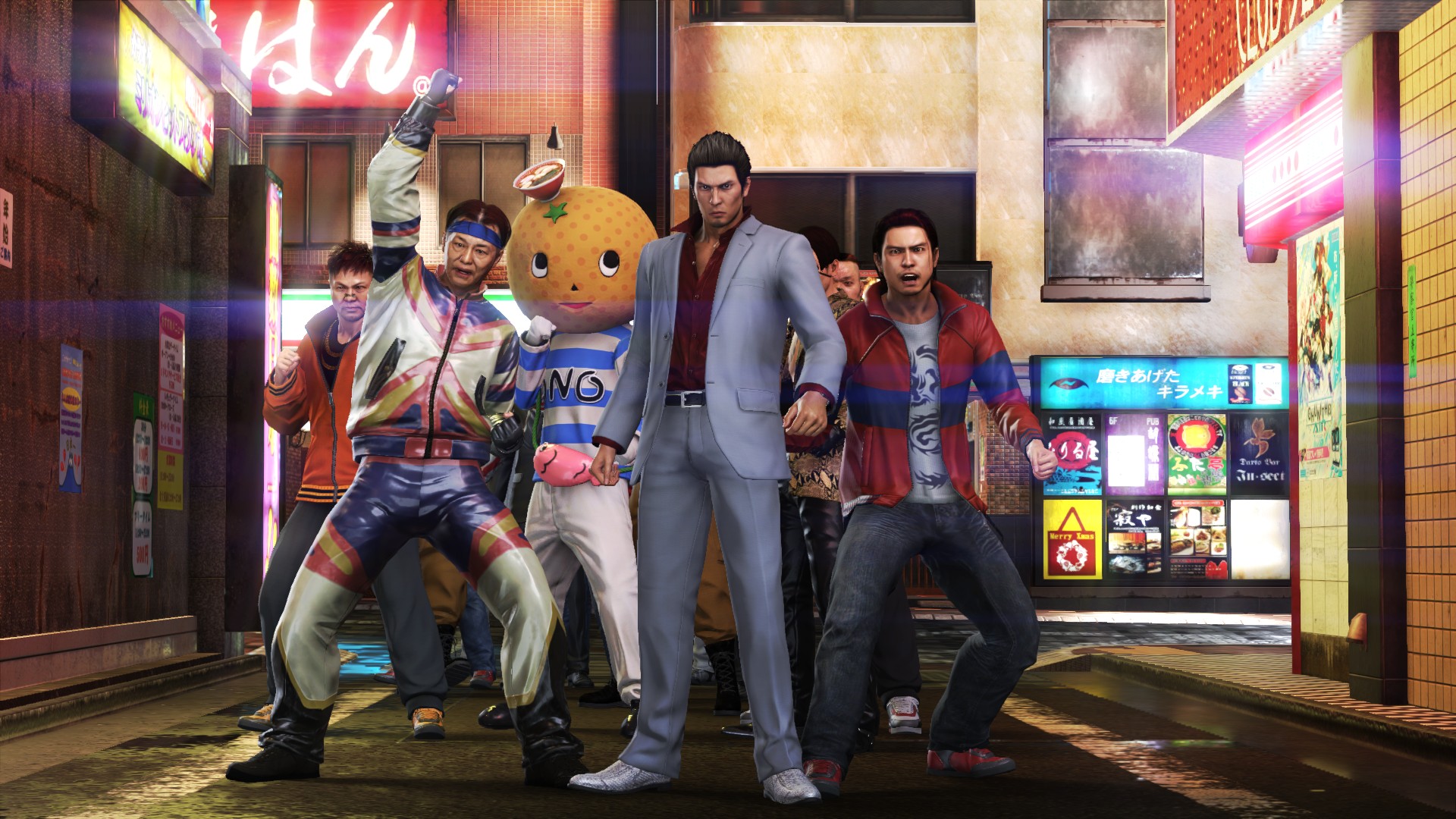
"You can argue his subsequent appearances have been justified: a cameo in Like A Dragon as one of the game's most formidable opponents is meant as a symbolic passing of the torch between two leading dragons."
When a series has been so defined by its protagonist, it's difficult to comprehend what the future might hold. Yet time marches on, and Yakuza is now flourishing as a global brand for Sega. 2020's Yakuza: Like A Dragon picked up the series with lovable and charismatic new protagonist Ichiban Kasuga, a character first introduced via Japan-exclusive mobile collectible card game Ryu Ga Gotoku Online. It's a changing of the guard mirrored in real life, with new studio leadership following the departure of series creator Toshihiro Nagoshi.
However, given the refusal to kill off Kiryu outright, we should have guessed the team wasn't quite ready to say sayonara. You can argue his subsequent appearances have been justified: a cameo in Like A Dragon as one of the game's most formidable opponents is meant as a symbolic passing of the torch between two leading dragons, while the use of his likeness in Ishin is more akin to casting a familiar face in a period costume drama. Now, though, the Dragon of Dojima is confirmed to return in both Like A Dragon 8, where he'll share the lead role with Ichiban, and as the sole star of Like A Dragon Gaiden: The Man Who Erased His Name.
There's a sense that the new RGG leadership might be having something of a Star Wars moment. Like the recent ObiWan Kenobi series, Gaiden's story is set between two entries, filling in details of the period between Kiryu's apparent death in The Song Of Life and the continuation of his story in Like A Dragon 8. We've seen in that galaxy far, far away where this approach can lead: how trotting out characters past their sell-by date runs the risk of diminishing returns, and can stifle the development of a new generation of icons.
It would be a lie, however, to say that we don't relish the promise of another adventure with one of video games' greatest protagonists, whether it's knocking out street thugs like bowling pins or belting out a karaoke tune. Whether or not we should have said farewell to the character for good, only time will tell.
This feature originally appeared in Edge magazine issue 382. For more fantastic features, you can subscribe to Edge right here or pick up a single issue today.
I'm a freelance games journalist who covers a bit of everything from reviews to features, and also writes gaming news for NME. I'm a regular contributor in print magazines, including Edge, Play, and Retro Gamer. Japanese games are one of my biggest passions and I'll always somehow find time to fit in a 60+ hour JRPG. While I cover games from all platforms, I'm very much a Switch lover, though also at heart a Sega shill. Favourite games include Bloodborne, Persona 5, Resident Evil 4, Ico, and Breath of the Wild.
